Historical Timeline—ICRC, Geneva Conventions and the Republic of Korea
… (ARR)/s.n., V-P-KPKR-N-00034-07A Houses and streets destroyed after bombings (January …
… (ARR)/s.n., V-P-KPKR-N-00034-07A Houses and streets destroyed after bombings (January …
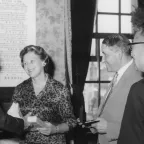
In the first half of 2024, the International Committee of the Red Cross (ICRC) facilitated improved access to primary health care, mostly for women and children, by supporting the routine vaccination …
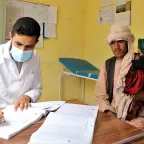
The International Committee of the Red Cross (ICRC) was established out of compassion and a deep commitment to protecting the people most affected by war. From families looking for missing loved …
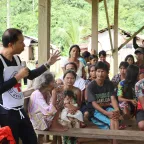
Since 1992, the ICRC has been carrying out humanitarian work in the region to assist people affected by the conflict, promote the dissemination and implementation of the international humanitarian …
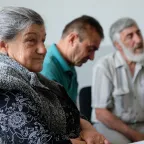
… along the entire road to the village; empty streets are primarily silent, whereas before, …
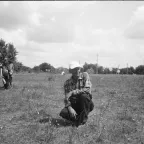
The International Committee of the Red Cross (ICRC) has an exclusively humanitarian mission to protect the lives and dignity of people affected by armed conflict and other violence, often working …

For over 40 years, the International Committee of the Red Cross (ICRC) has been working in Afghanistan, with a permanent delegation in Kabul established in 1987. The ICRC works closely with its …

… left Jabalia and Beit Lahia now living on the streets, desperate and with absolutely nothing …
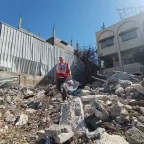
… and slept wherever they could – mostly on the streets. Batoul was frightened, sad, and … families who had been sleeping on the streets following the escalation of … families who had been sleeping on the streets were invited to take refuge in the …

… families who had been sleeping on the streets following the escalation of …
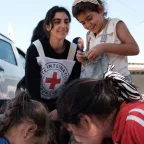
Try one of the following resources:
Created in 1863, the ICRC library, alongside the ICRC archives, provides an indispensable documentary reference on the organization itself and international humanitarian law.
International humanitarian law is based on a number of treaties, in particular the Geneva Conventions of 1949 and their Additional Protocols, and a series of other instruments.
Customary international humanitarian law consists of rules that come from "a general practice accepted as law" and that exist independent of treaty law.